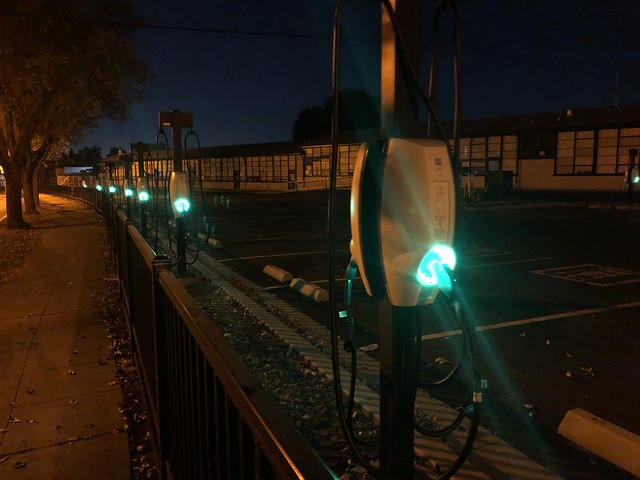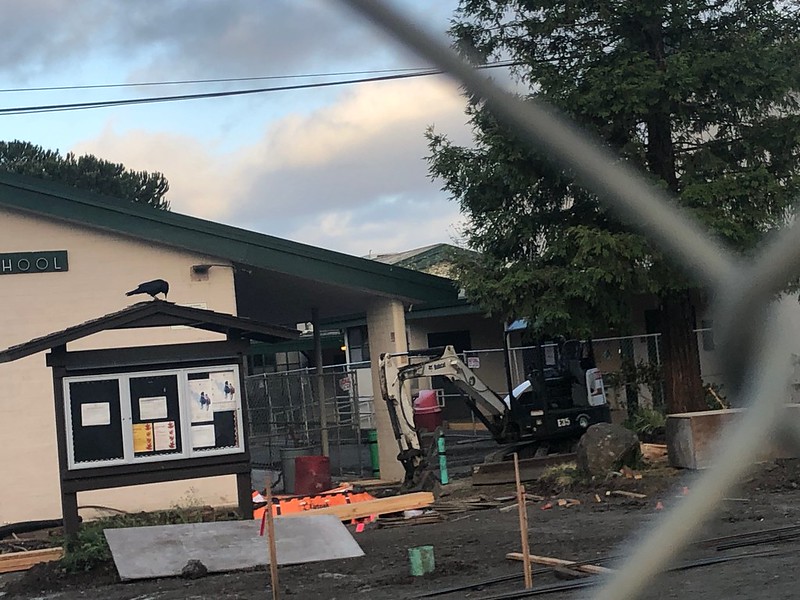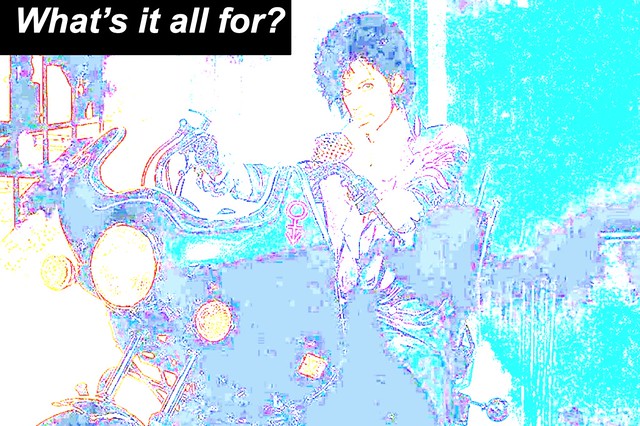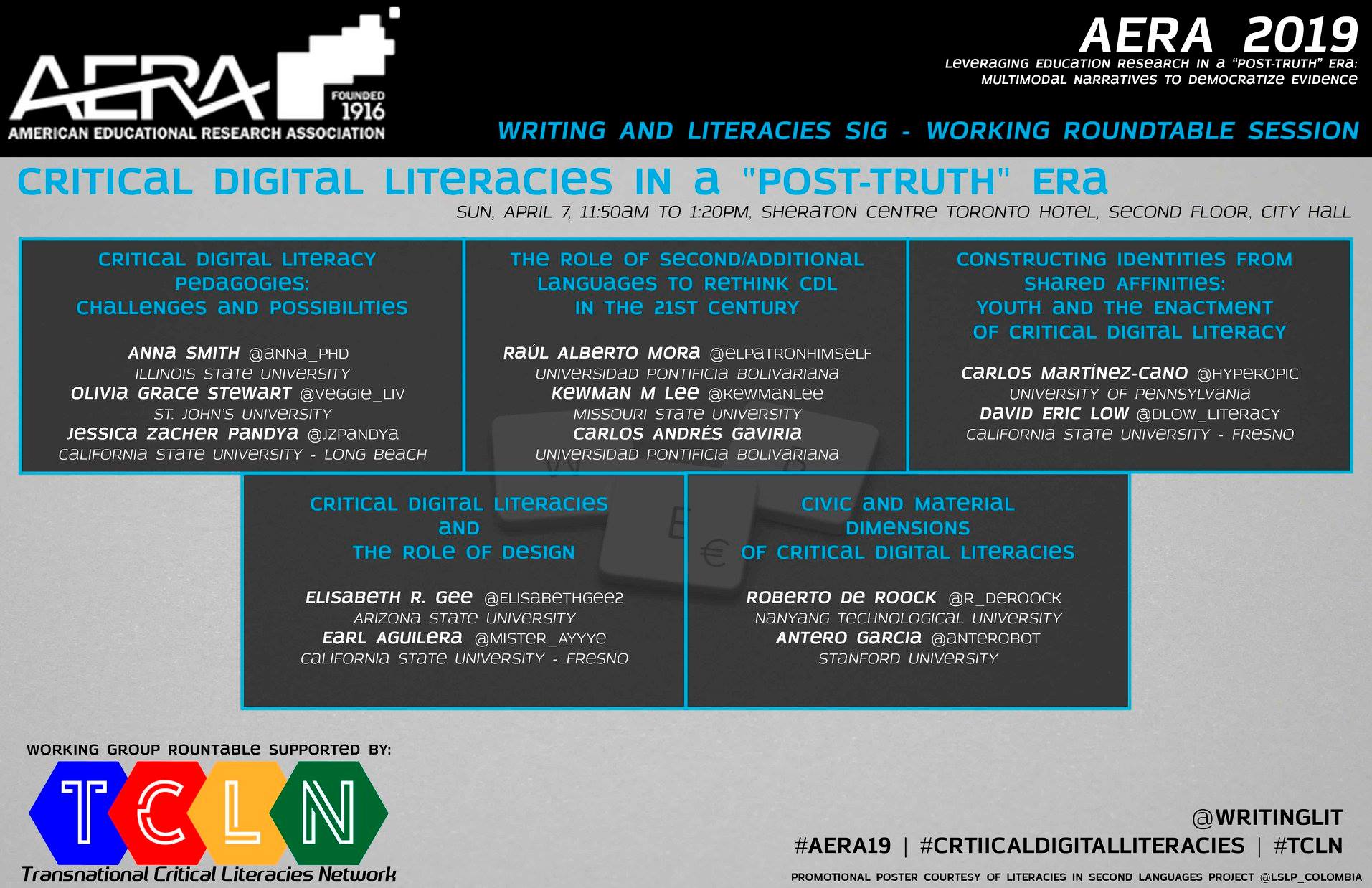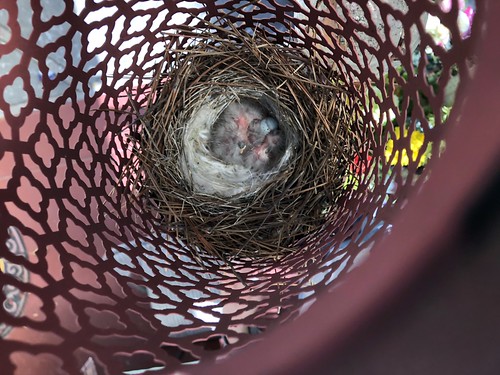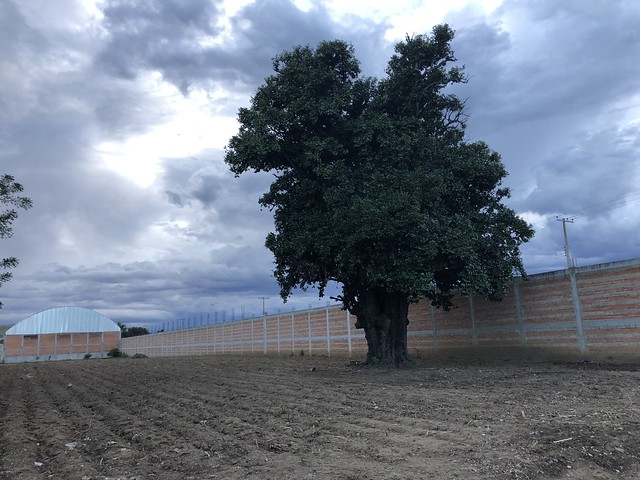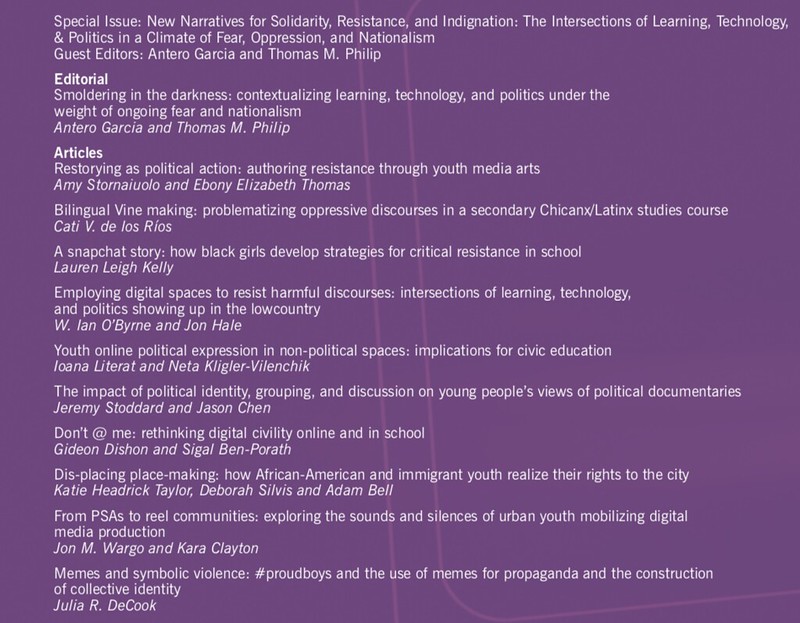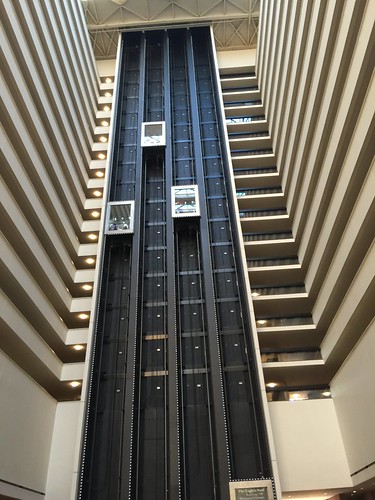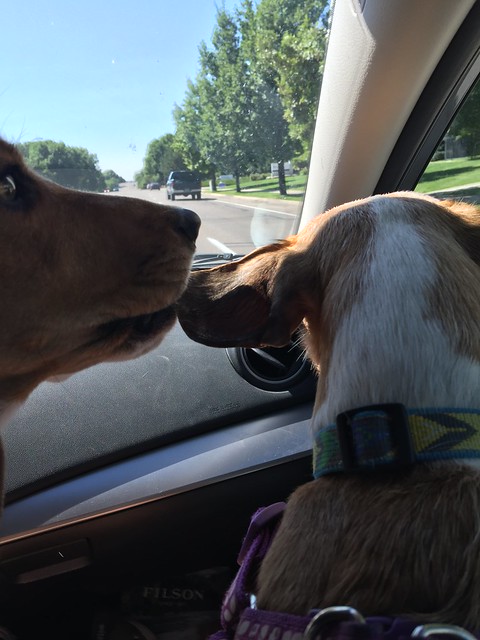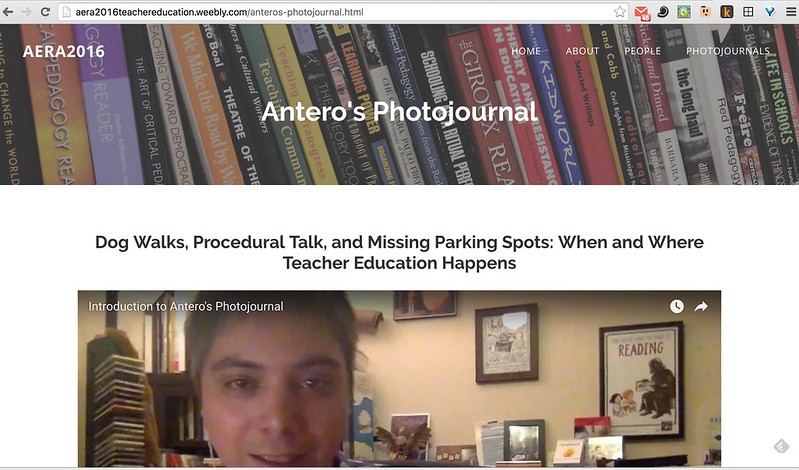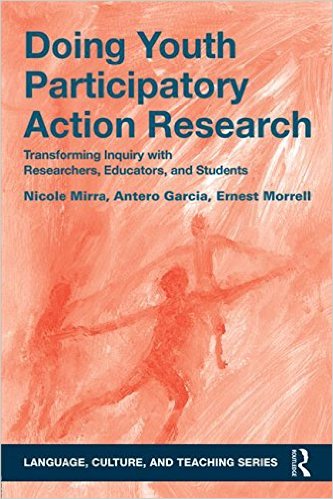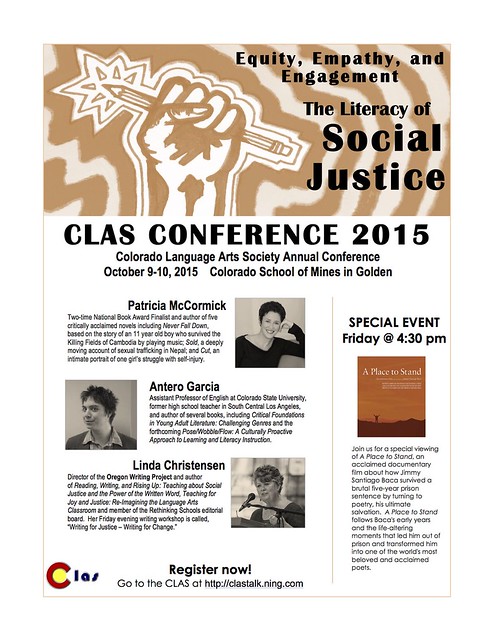Like last year, I’m going to break down a bit of how my time at work was spent over the calendar year. The cycles of submitting, revising, (resubmitting,) and publishing do not at all fit within a traditional 12-month calendar. Google Scholar, for example, says that I published 8 articles over the past year. And while that’s true, the bulk of my time was spent working on material that will not see the light of day until next year (or later!). Rather than pushing in new directions, much of my work this year continues along the same pathways I described in last year’s post and the themes I note below should look familiar.
[I realize many of these links may not be accessible if you are not reading this from the hallowed proxy server of a university campus; if you are interested in reading any of the work below, please get in touch.]
Youth Civic Literacy Practices
As the primary theme across my work, I’ve been exploring youth civic literacy practices. Over the summer, Amber Levinson, Emma Gargroetzi, and I published our first set of findings from our analysis of the 2016 Letters to the Next President project. A couple of interviews about this work can be read here and here. We’ve spent significant time exploring this data set and I’m excited about the ways this study challenges existing assumptions about youth civic learning (and if you are a classroom teacher or know one, consider having your students participate in the Letters follow-up, Election 2020: Youth Media Challenge). In addition to this article, we expect to have several other articles related to Letters to the Next President trickle into the public in the coming months.
Nicole Mirra and I have also been exploring civic literacies in collaborative work for several years now. We’ve been slowly constructing a book-length argument about youth civic learning in the context of participatory culture, Trumpism, and high-stakes school evaluation. As one component of this argument, we published an analysis of the framing of civic learning within national policy documents like NAEP and the Common Core. More work in this area should be out next year.
Healing
Though I chipped away at the writing of this article over several years, my essay, “A Call for Healing Teachers: Loss, Ideological Unraveling, and the Healing Gap” was published earlier this year, continuing my focus on the need for teacher healing and challenging the assumptions of what counts as social and emotional learning. As I mentioned earlier, this was one of the most personal pieces of writing I’ve worked on. Along with a couple articles from last year, this work offers something of a conceptual framework on which I’ve been slowly working toward more empirical work around care, healing, and affect in classrooms. Some findings from these studies should be seeing the light of day by early next year.
Analog Play
I’ve continued to explore the learning and literacy practices around tabletop gaming. My article defining tabletop “gaming literacies” was published online earlier this year and is in the current issue of Reading Research Quarterly. Likewise, my co-authored article with Sean Duncan on the lives and deaths of Netrunner came out in Analog Game Studies.
Expansive Digital Literacies
Yes, alongside analog literacies, I am still very much exploring the role of technology and digital platforms. This past year, I had the opportunity to collaborate with Remi Kalir as we studied the literacy practices related to open web annotation. Our article in Journal of Literacy Research can be found here. Likewise, we had a summer-long open review process for our book-length manuscript for MIT Press’s Essential Knowledge Series. We are busily revising this book now (as in I shouldn’t even be blogging right now!) and I expect the book to come out sometime next year.
Playful, Equitable Learning Environments
All of the work I do is, ultimately, about trying to improve the learning experiences for young people and the ways teacher expertise is taken up more broadly. I’ve continued to spend substantial time thinking about project-based learning contexts for English classrooms with the Compose Our World project. Several articles (and a book?!) will likely see the light of day next year. Likewise, several of my advisees and I have been exploring the affordances of learning within the contexts of school busing. The equity dimensions of getting to school—particularly within the stratified contexts of the Silicon Valley—have been striking. We will be sharing some preliminary work from our study at the 2020 AERA conference, with the eye on submitting to journal in April or May.
I had the opportunity to revise and update my conversation with Henry Jenkins for his recently published book of interviews. Though the conversation is ostensibly about Good Reception, the interview probably offers a clear articulation of how all of the threads of play, technology, civics, and literacy I work on push toward equitable learning opportunities for students and teachers.
—
Again, that’s a recap of published “stuff.” As I said at the top, much of my time in 2019 was spent on work that I can accurately link to later. For example, by my count, between three and six books will be published next year that I either co-edited or co-wrote primarily in 2019. (Only one of those titles is currently available for pre-order, but it’s a good ‘un). Those took a lot of time. Likewise, data collection, study design, partnership development, IRB, and all of the other pieces of participating in the systems of academia take a lot of time.
Lastly, as I see a lot of end-of-the-decade recaps across the internet, I’m reminded that around this time a decade ago I was starting to think, in earnest, about the design of my dissertation. In that sense, the current summary of my work on Google Scholar—while inelegant in its presentation—is a near-accounting of my formal published scholarship across the decade. See you all for Coffee Spoons 2020.
